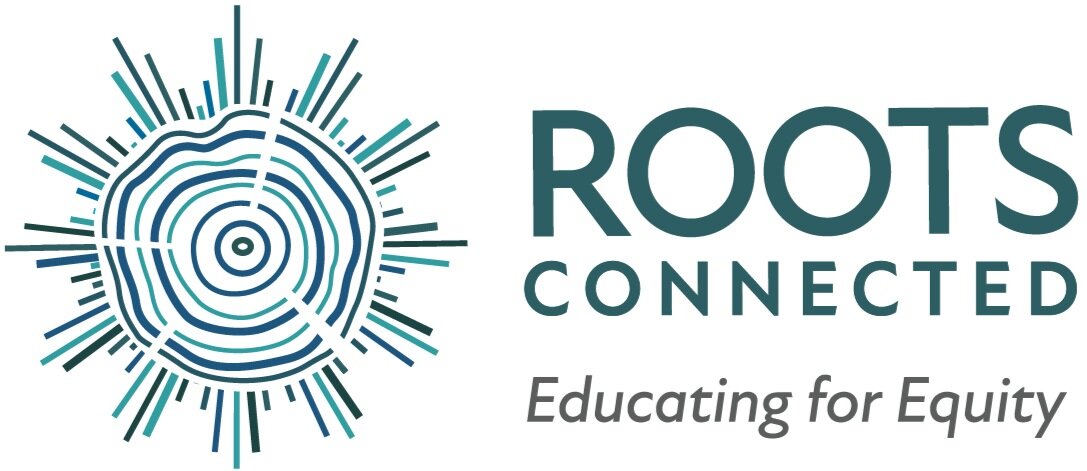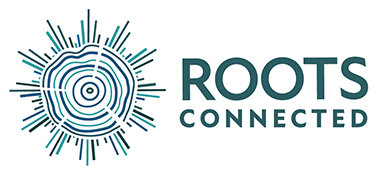Addressing Moments of Bias
Contributor: Lena Dalke
“Words convey tremendous power. Examine the words you use about yourself and others…. Which words direct us to envision a transformed world, a beloved community? These words lead to liberation.”
- Coaching For Equity, Elena Aguilar
To build brave spaces for transformative conversations, we need to be prepared to address biased comments that may emerge. By speaking up when something that is said is biased and/or causes harm, we are laying the groundwork for change by preventing it from escalating; as Brené Brown notes, “Dehumanizing always starts with language.” When we address moments of bias, we prevent the possibility of further harm or violence, and at the same time cultivate deeper spaces of belonging in our communities.
Moments of bias frequently show up in the form of microaggressions which might appear to be small, passing comments that may not be immediately identified as being harmful. Psychologist Derald Wing Sue defines microaggressions as "brief, everyday exchanges that send denigrating messages to certain individuals because of their group membership." It’s the impact of these messages that is important to focus on as the effect can be macro rather than micro in nature, especially if it’s repetitive.
Microaggressions often show up in one of the following ways:
Insults: unintentional or unconscious communication of something discriminatory often expressed as a compliment
Invalidation: minimization, denial or undermine the experiences of an oppressed group
Assaults: purposely discriminatory and rooted in deep seated bias although believed to be without intent to offend or harm*
When we witness a microaggression or are on the receiving end of a biased comment, it can be hard to know how to respond. As Clint Smith says, “Silence is the residue of fear,” and often we can be afraid to speak up because of potential repercussions. We may be unsure of what to say to appropriately address the comment or we may have a response that shuts down communication entirely. While the latter approach may stop further harm from happening, it might not lay the groundwork for change, which is especially important when working with others in communities where we want to create spaces of belonging for everyone. We often will need to have on-going conversations when addressing harm with folks we are in regular collaboration with, which is different from how a situation might look and feel with people we have limited interaction with.
It is important to note that the process of speaking up to address moments of bias may not always happen immediately after the comment was made. It could look like a continued conversation that happens over a longer period of time as folks in dialogue with each other consider the implications of the bias. When we witness a harmful or biased comment, we may need to take time to reflect to be able to identify how we are feeling and consider the context before responding. For this reason, Roots ConnectED created the tool below that guides the process of creating space for reflection first and then responding to address harm.
The tool below is split up into two parts: the top boxes contain initial internal reflection questions that support personal reflection before responding, followed by the lower boxes that have sentence starters and questions, which are provided as examples of ways to understand impact and address harm. These prompts are meant to encourage us to respond from our personal experience, to ensure that we are not speaking on behalf of another group of people or trying to explain how others may feel. Even if the harm was not directed at one of our personal identifiers, we can still stand up to speak to how it made us feel personally.
The suggested language below is a starting point for individuals to develop responses in their own words that makes sense for them to use. Roots ConnectED offers this tool as a support for folks to try to use and see what works, and make modifications to the language as necessary.
Here are some reflection questions that we might ask ourselves first when a comment is made to identify the impact or harm:
Then it can be helpful to try to understand the intent of the person who made a harmful comment:
Next, it is important to identify the impact and address the harm that could have been caused:
There are also times when it has come to our attention that something that was said doesn’t sit right for others. In those situations, the following prompts can help to respond in a way that supports taking responsibility for the impact of harmful words or actions, in addition to creating space for learning, growth and deeper understanding in the conversation.
Here are some examples of the internal reflection questions to ask ourselves first, and then the sentence starters that can help us respond, similar to the model above:
This tool is meant to aid in the process of ongoing reflection and deepening understanding that leads to increased awareness and recognizing the value of other perspectives and experiences. While this process informs our interactions and creates a greater sense of belonging, there may still be unanswered questions and unresolved feelings or ideas from the types of conversations that this guidance offers. The goal of this kind of conversation is not as much about coming to an agreement as it is about continuing to ask questions that support reflection and considering different perspectives.
The more we practice responding in these types of situations and leaning into the discomfort of having difficult conversations, our level of comfortability increases and the better prepared we are to recognize and address harm when it happens. As we become more conscious and empowered with the language we use, we create the potential for long-lasting impact outside of specific moments of bias that we might be addressing. Because children watch, listen and learn from adults' reactions, when we respond to bias in ways that build relationships across lines of difference, and honor ourselves and others, we are cultivating pathways for transformation that will impact generations to come.
If you are interested in deepening your practice with speaking up to address bias, contact us here or fill out our coaching intake form. Roots ConnectED offers educator support through coaching and educational institutes and workshops, in addition to the resources available on our website.
* Compiled from Sue et al.“Racial Microaggressions and the Asian American Experience,” Cultural Diversity and Ethnic Minority Psychology, 13:1 (2007): 72-81; Derald Wing Sue, Christina M. Capodilupo, Gina C. Torino, Jennifer M. Bucceri, Aisha M. Holder, Kevin Leo Nadal, and Marta Esquilin, “Racial Microaggressions In Everyday Life: Implications For Counseling,” The American Psychologist 62:4 (2007): 271-286.






